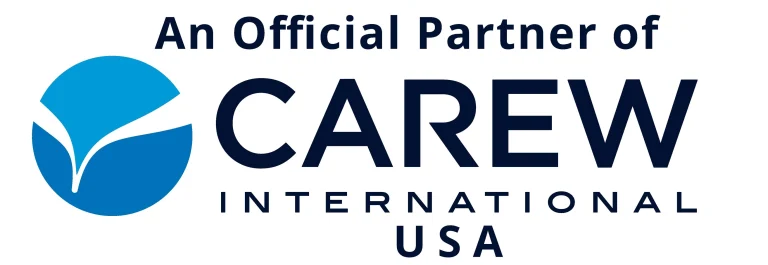For many of us, email has become our primary mode of communication with internal team members and customers alike. That being the case, we need to be sure we are composing emails for maximum impact and benefit, and also with a degree of quality that boosts our professional image. In his recent HBR blog, Write E-Mails That People Won’t Ignore, Bryan Garner shares some excellent tips for making sure your emails get read. The following stood out as the best insights:
Stick to standard capitalization and punctuation. Conventions of good writing may seem like a waste of time for e-mail, especially when you’re tapping out messages on a handheld device. But it’s a matter of getting things right – the little things. Even if people in your group don’t capitalize or punctuate in their messages, stand out as someone who does. Rushed e-mails that violate the basic norms of written language bespeak carelessness. And their abbreviated style can be confusing. It takes less time to write a clear message the first time around than it does to follow up to explain what you meant to say.
Get straight to the point (politely, of course). Be direct when making a request. Don’t butter up the recipient first – although a brief compliment (POSITIVE CONTACT) may help (“Great interview. Thanks for sending it. May I ask a favor?”). Spell out deadlines and other details the recipient will need to get the job done right and on time.
Be brief. People find long e-mails irksome and energy-sapping. The more they have to scroll or swipe, the less receptive they’ll be to your message. They’ll probably just skim it and miss important details – or skip it altogether. So rarely compose more than a single screen of reading.
Add a short but descriptive subject line. Before hitting “Send,” check your subject line. If it’s generic or blank, your message will get lost in your recipient’s overstuffed inbox. Are you asking someone to take action? Highlight that in the subject line. Make your request easy to find – and fulfill.
Of course, the other consideration regarding customer email is whether you are overusing it in lieu of in-person meetings or phone calls. Email is a wonderfully efficient communication tool, but it can never replace personal interaction.



